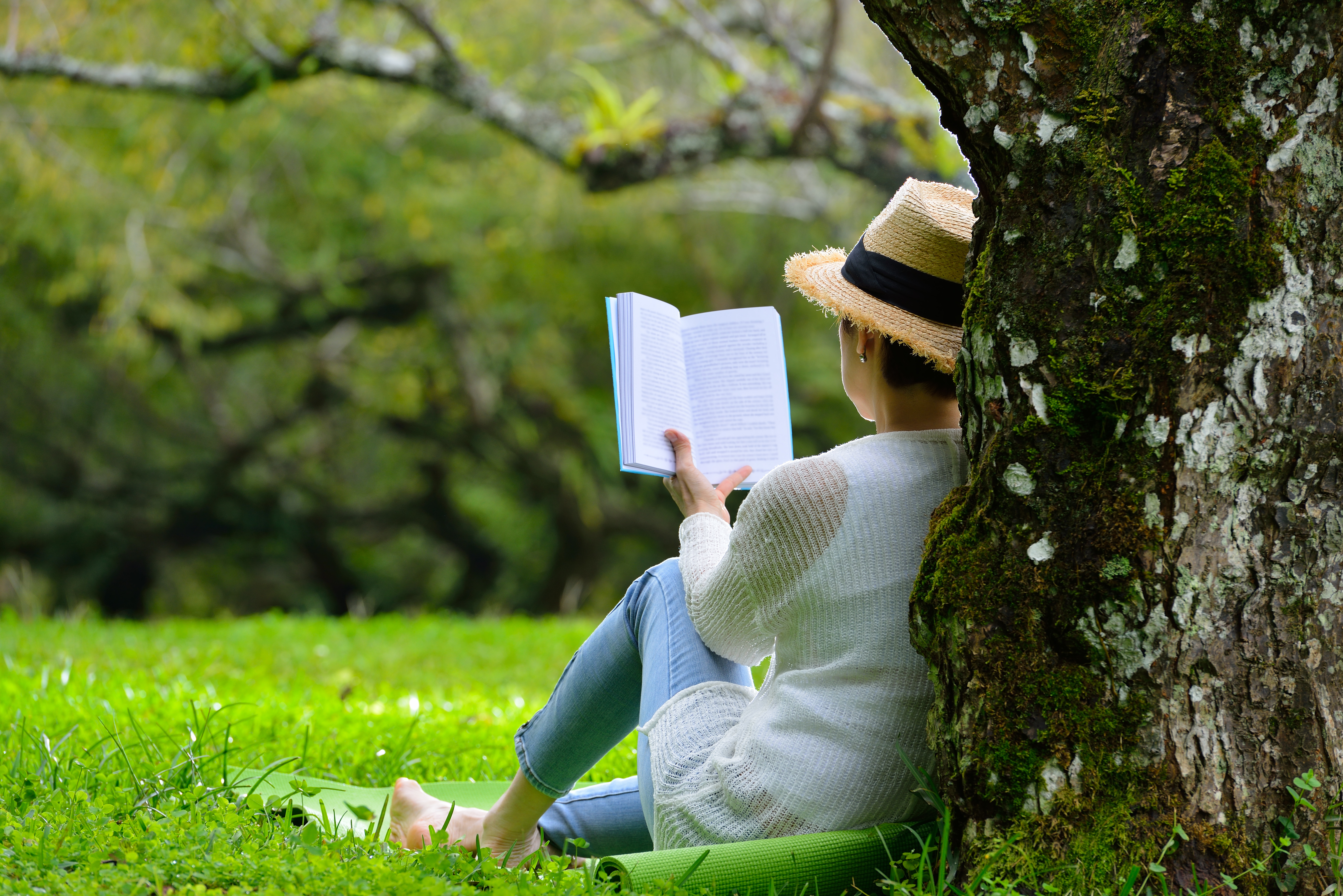
Paula, one of our former service users, shares her advice on ways in which you can stay well after leaving hospital.
I am happy to say that I have, for a long time, come to experience being out of hospital as my most normal place to be, instead of being in hospital. It may sound like an exaggeration, but I can honestly say that many former service users can have a very good quality of life. I have learnt from my stays in St Patrick’s that there is life after hospitalisation, and that hope abounds.
I am going to suggest a few approaches and activities that have helped keep me well. I can relax into who I am, and what my circumstances may be, without creating a worst case scenario at every turn. I can do these simple but effective activities and come to believe that, yes, I can be, and stay, well.
I begin to blossom when I begin to see that, day in and day out, I am building a life for myself. I am delighted when I make genuine progress, chiefly because I have been brave enough to confront myself and put my foot on the floor early for the first time in the morning. That first step is as important for me as “the giant step for mankind” that Neil Armstrong once took on the moon.
When we become well, and particularly stay well, we encourage others who need to be able to stay well. In a sense, we are charting a path for others, because our success becomes like a testimony of success for them too. Below, I have outlined some of the activities that have made my good mental health possible and sustainable. I hope you’ll find also that these tips and activities work for you.
Self-affirmation
Self-affirmation is key to sustained progress. At the end of each day, mentally look back over your day and congratulate yourself. For every big or little thing you have achieved, you can tell yourself “well done!”. Very soon, your self-esteem will improve, so keep endorsing yourself in this way, and feel your confidence soar!
Social connection
Build a social network. This is absolutely essential. Being part of a social group teaches us important lessons about our role in the community: from paying our own way to being on time or keeping to our word. It also gives us vital opportunities to listen to other people’s views. Service users have learnt a lot through lived experience and can help others immeasurably. This in turn further improves your self-esteem.
Fresh air and exercise
Getting fresh air is a fantastic way of re-igniting the batteries and keeping fit. This can be as simple as spending time in your local parks and or going on walks nearby you.
For example, I grew up a mile from the Botanic Gardens in Glasnevin; the colours and hues of the trees and flowers there are breathtaking, and I am particularly taken with the herbaceous walk just metres from the entrance. Not very far from there is Tolka Park, which has its very own swans and ducks, or St Anne’s Park in Raheny, which has a rose garden that competes well with the rose garden in the Botanic Gardens. In fact, a Rose Festival is held here every June - a wonder to behold.
Often, there are local groups in these parks where you can meet others and take part in exercise. For example, in St Anne’s Park, joggers meet each Saturday for the parkrun, in conjunction with Dublin City Council, with an impressive crowd turning up for the weekly run. These runs cater for every level of fitness imaginable.
Culture
Find a cultural activity you enjoy or are interested in. Search on Google or enquire about free activities in your area. Most people can find an educational or cultural activity to suit their pocket and time. A big plus is that lots of other people are like you, and want to get involved with a group to meet other people and enjoy their free time, so this can help, in turn, with building your social network.
Most of our art galleries, exhibitions, and libraries are free to use and offer a world of fascinating and relaxing events all year round. Apart from learning a great deal about our history and culture, they are very interesting and provide a connection between people. I have seen this happen again and again. One thing leads to another, and a walking group, for example, can end up becoming a ‘tourist’ group on a separate day during the week. These types of excursions give you a lot of bang for your buck, so to say! The friendships made along the way make the initial effort worthwhile.
It’s worth a trip into a nearby tourist office, or to the Office of Public Works website, to avail of the wonderful attractions in our cities and towns. I’ve been to free concerts, talks, city tours, poetry readings, lectures, historical buildings, castles and heritage centres, and loved it! I still have lots of other places to visit and lots of conversations to have!
If you feel it is too much of an effort and that you don’t know anyone to socialise with, just go to one place, and start there. Ask existing friends to go to an event with you. Lots of other people are in the same position as yourself, so, generally, people at cultural events also hope to meet other friendly people.
Another benefit from these activities is that you have definite places to go, and another reason therefore, to get up at a reasonable hour, as you have a commitment on time. Afterwards, you’ll be delighted that you made the effort, and will look forward to the next cultural or social event on your calendar (and, of course, you can affirm yourself, at the end of the day – “well done!”).
Reading
Reading is one of those hobbies that gives high return for low investment. The blessings received for such a simple undertaking as reading are happily very disproportionate.
Reading is really good for the mind. It is educational and often just good fun. It helps us on our journey. Apart from the incremental benefits of gaining knowledge and learning, there is such a wonderful release of the feel-good endorphins that people come back to reading time and again.
The other good thing about reading is that you can pick up a book and then leave it down and read it at leisure. There are no rules and regulations; you can read as little or as much as you like, and you can read as many heavyweight or as lightweight books as you like.
Books open us up to new worlds, new understanding and new ideas. A John Boyne book on the one hand, or a Sebastian Barry on the other, are completely different types of reads, but they are both writers of great merit, although they write in ways that engage me at different levels.
Reading is another one of those free gifts in the world. Libraries are readily found in Ireland and it’s free to read from the many thousands of books they house. Wonderfully, libraries order books in they don’t have, even if it’s a brand new book, or a book just published, if you ask them to - and yes, that’s free too! Make reading a habit and hobby and feel your happiness soar.
Belief
Remember, if you are just out of hospital, one of the most important aspects of your life at present is saying “well done” to yourself - for that is a very significant step in your life!
Start now to believe it - that you can have a good quality of life, no matter what age you are – and do the things that help you stay well.
I hope that the above suggestions are of some use to you. I have tried them out for myself, and they work; I know by experience that these activities can play a role in your wellness when you leave hospital.
Just take the first step, for it gets easier after that.
Paula
---
The views and opinions expressed here are the author's own.
Read more from Paula
Continue to…
The mirror view: a reflection on self-stigma


